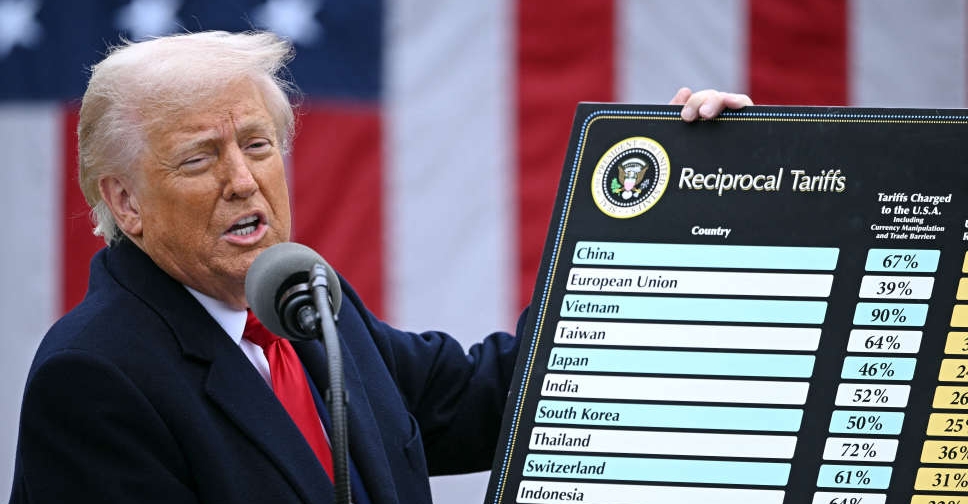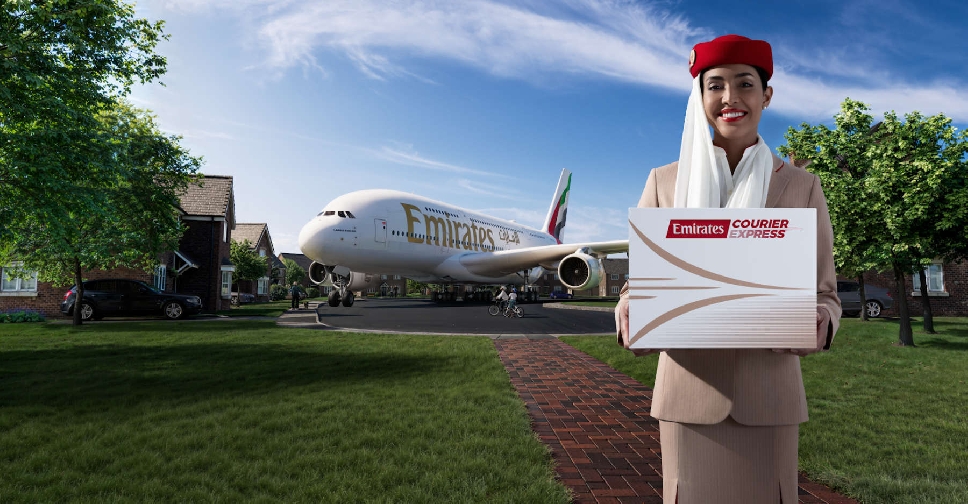
Around 80 countries reached an agreement on Friday on rules governing global digital commerce including recognition of e-signatures and protection against online fraud, but failed to bring the United States on board.
After five years of negotiations, coordinators Australia, Japan and Singapore distributed what they called a "stabilised text", which the European Union hailed as "historic news" and Britain as "groundbreaking".
"We negotiated the first global rules on digital trade," EU trade chief Valdis Dombrovskis posted on social media site X.
Britain said the agreement would commit all participants to making customs documents and processes digital, recognising e-documents and e-signatures, and put in place legal safeguards against online fraudsters and misleading claims about products.
The text says the parties will seek to limit spam and protect personal data, as well as offer support to least-developed countries.
Ninety-one of the World Trade Organisation's 166 members have engaged in the negotiations, including China, Canada, Argentina, Nigeria and Saudi Arabia.
The United States said that the new text was an important step forward, but that it still fell short and more work was needed, including on wording about exceptions due to essential security interests.
"We look forward to working with interested members in finding solutions to all remaining issues and moving the negotiation to a timely conclusion," US WTO ambassador Maria Pagan said in a statement.
Certain other countries, such as Brazil, Indonesia and Turkey also had reservations, according to a Geneva-based trade source, adding that in most cases these were on minor points.
Participants may still struggle to make their accord a formal WTO agreement because that would require consensus among all WTO countries.
India and South Africa have been particularly critical on deals that do not involve all members.

 Wall Street futures sink as tariffs fuel recession fears
Wall Street futures sink as tariffs fuel recession fears
 Trump to impose 10% tariff on UAE, Saudi Arabia imports
Trump to impose 10% tariff on UAE, Saudi Arabia imports
 UAE tops global entrepreneurship rankings for 4th straight year
UAE tops global entrepreneurship rankings for 4th straight year
 Emirates launches express delivery service
Emirates launches express delivery service
 DEWA reduces CO2 emissions with increased electricity, water efficiency
DEWA reduces CO2 emissions with increased electricity, water efficiency




